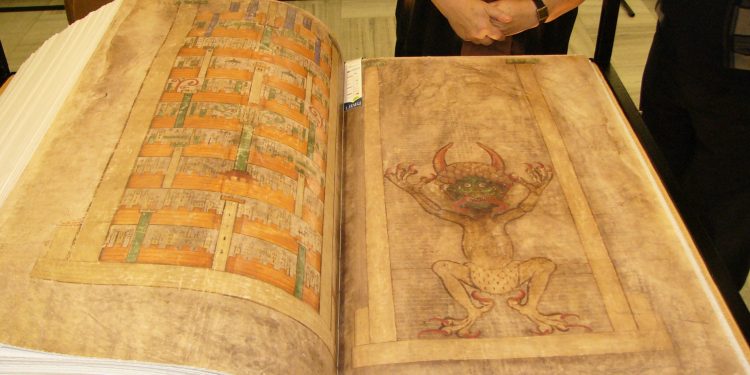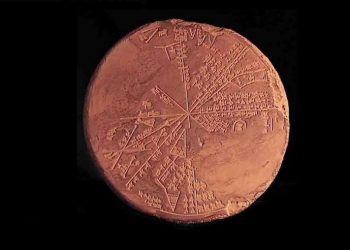The term “codex” refers to a type of book that consists of pages bound together on one side, which was widely used during the Roman era. Prior to the codex, books were commonly in the form of scrolls or book rolls that had to be unrolled as one read.
The codex offered several advantages over the scroll, such as the ability to contain multiple volumes (from the Latin word “volumen,” meaning “book roll”), a built-in cover for protection, and the convenience of numbered pages for reference purposes. As a result, codices became popular and paved the way for the creation of various tables of contents and indices, making it easier for readers to navigate and access information.
The Roman codex, a seemingly simple yet groundbreaking invention, laid the foundation for the modern book. In this article, we explore the origins, development, and impact of this transformative creation from the Roman Empire, shedding light on how it changed the way we store, access, and disseminate knowledge.
The Ancient World’s Information Crisis
Before the Roman codex, the primary method of recording and sharing information was through scrolls made of papyrus or other materials. While these scrolls were widely used, they had several drawbacks, such as being unwieldy, fragile, and limited in storage capacity. This created an information crisis, as the world’s knowledge was trapped within delicate, cumbersome scrolls, limiting its accessibility and preservation.
The Roman Codex: A Revolutionary Solution
The Romans recognized the limitations of scrolls and sought a more efficient way to store and share information. In the first century AD, they developed the Roman codex, which consisted of pages of papyrus or parchment stacked together and hinged along one edge. These pages were then enclosed within protective covers, often made of wood or other durable materials.
Advantages of the Roman Codex
The Roman codex offered several advantages over scrolls:
- Portability: Codices were smaller and more compact, making them easier to transport and store.
- Durability: With protective covers and better binding, codices were more resistant to damage and decay.
- Accessibility: Readers could easily flip through the pages of a codex, making it more convenient to access specific information.
- Storage Capacity: Codices could store more information than scrolls, leading to more comprehensive and organized knowledge repositories.
The Roman Codex and the Birth of the Modern Book
The Roman codex set the stage for the development of the modern book. As the Roman Empire spread its influence, so too did the use of codices, gradually replacing scrolls as the standard medium for written communication. This widespread adoption paved the way for further advancements in book production.
The Evolution of Bookmaking
With the rise of the codex, innovations in bookmaking emerged:
- Materials: The use of parchment, a more durable writing material made from animal skins, became more common.
- Binding: Improvements in binding techniques led to more robust and long-lasting books.
- Illumination: The art of illumination, or the embellishment of manuscripts with intricate designs and illustrations, flourished.
- Typography: The invention of the printing press in the 15th century revolutionized book production, making it faster and more affordable.
The Lasting Impact of the Roman Codex
The Roman codex has had a profound impact on human civilization. Its invention not only resolved the ancient world’s information crisis but also set the stage for the modern book and the democratization of knowledge.
- Education and Literacy: The accessibility and affordability of books made possible by the Roman codex and subsequent innovations in bookmaking contributed to the spread of education and literacy.
- Preservation of Knowledge: The durability of codices allowed for the preservation of critical texts and historical records that may have otherwise been lost to time.
- The Exchange of Ideas: The Roman codex facilitated the exchange of ideas, fostering intellectual growth and cross-cultural understanding.
- The Digital Age: The spirit of the Roman codex lives on in the digital age, as electronic books and other digital formats continue to make information more accessible and sharable than ever before.
In other words, the Roman codex was a revolutionary invention that changed the way we record, access, and share information. Its development has had lasting implications, from the spread of education and literacy to the preservation of knowledge and the exchange of ideas. Today, as we embrace the digital age, the Roman codex’s legacy remains alive and relevant, reminding us of the power of innovation and the importance of accessible knowledge in shaping our world. The Roman codex truly marked the birth of the modern book, and its influence continues to be felt in every corner of the globe.
PLEASE READ: Have something to add? Visit Curiosmos on Facebook. Join the discussion in our mobile Telegram group. Also, follow us on Google News.











